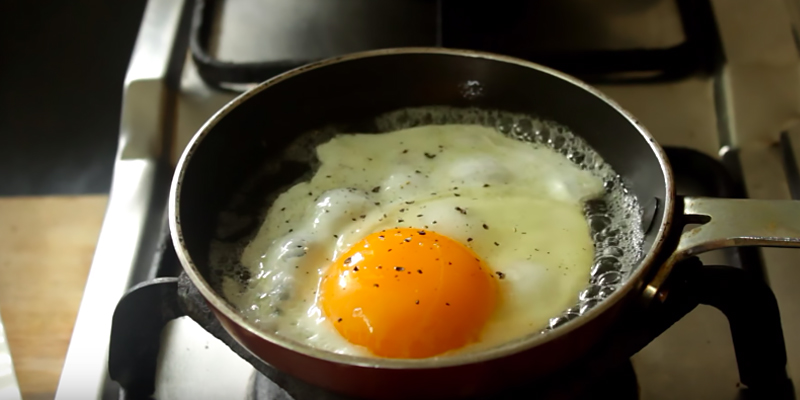I have an embarrassing confession: I used to use my cast-iron cookware to make almost all of my food. Occasionally some dishes would have a metallic taste, but I had no idea why. Apparently forgetting that the internet existed, I let this go on for years without looking in to the reason. I idly wondered if I wasn’t properly caring for the pan, or if there was something wrong with it.
It was only after I brought the problem up in a meeting at Epi that I learned the reason: you’re not supposed to cook acidic food in cast-iron pans. Suddenly, I saw the pattern I had been totally oblivious to before. It was only when I made tomato-based recipes, or poured vinegar into my skillet, or added lemon juice that this would happen. In my defense, I loved my cast-iron pan and wanted to use it for everything. And it’s true that it’s a kitchen workhouse, especially when it’s properly cared for. But to help you avoid my mistake, here are some tips about what not to cook in cast-iron cookware:
Here are 3 things you should never cook in a cast iron pan, along with detailed reasons why:
1. Acidic Foods (like tomatoes, vinegar-based sauces, or citrus)
Why not?
Cast iron is reactive to acids. When you cook acidic foods in it, especially if the pan isn’t well-seasoned:
- It can strip the seasoning layer, which protects the pan from rust.
- It may cause a metallic taste in your food.
- It can discolor lighter sauces or dishes.
✅ Alternative: Use stainless steel or enameled cookware for acidic recipes.

2. Sticky or Delicate Foods (like eggs or fish – in a new or poorly seasoned pan)
Why not?
If your cast iron pan isn’t perfectly seasoned:
- Eggs and fish will stick badly, making cleanup hard.
- They may break apart, especially flaky fish.
- It can ruin the dish and damage your seasoning layer if you scrape too hard.
✅ Alternative: Wait until your pan is very well seasoned or use nonstick pans for delicate items.
3. Strongly Smelly Foods (like garlic, curry, or certain fish)
Why not?
Cast iron is porous, and:
- It can absorb odors and flavors.
- These smells may transfer to other dishes you cook later, especially if you’re making something like pancakes the next morning.
✅ Alternative: Use other pans for pungent or spicy dishes unless you don’t mind flavor transfer.